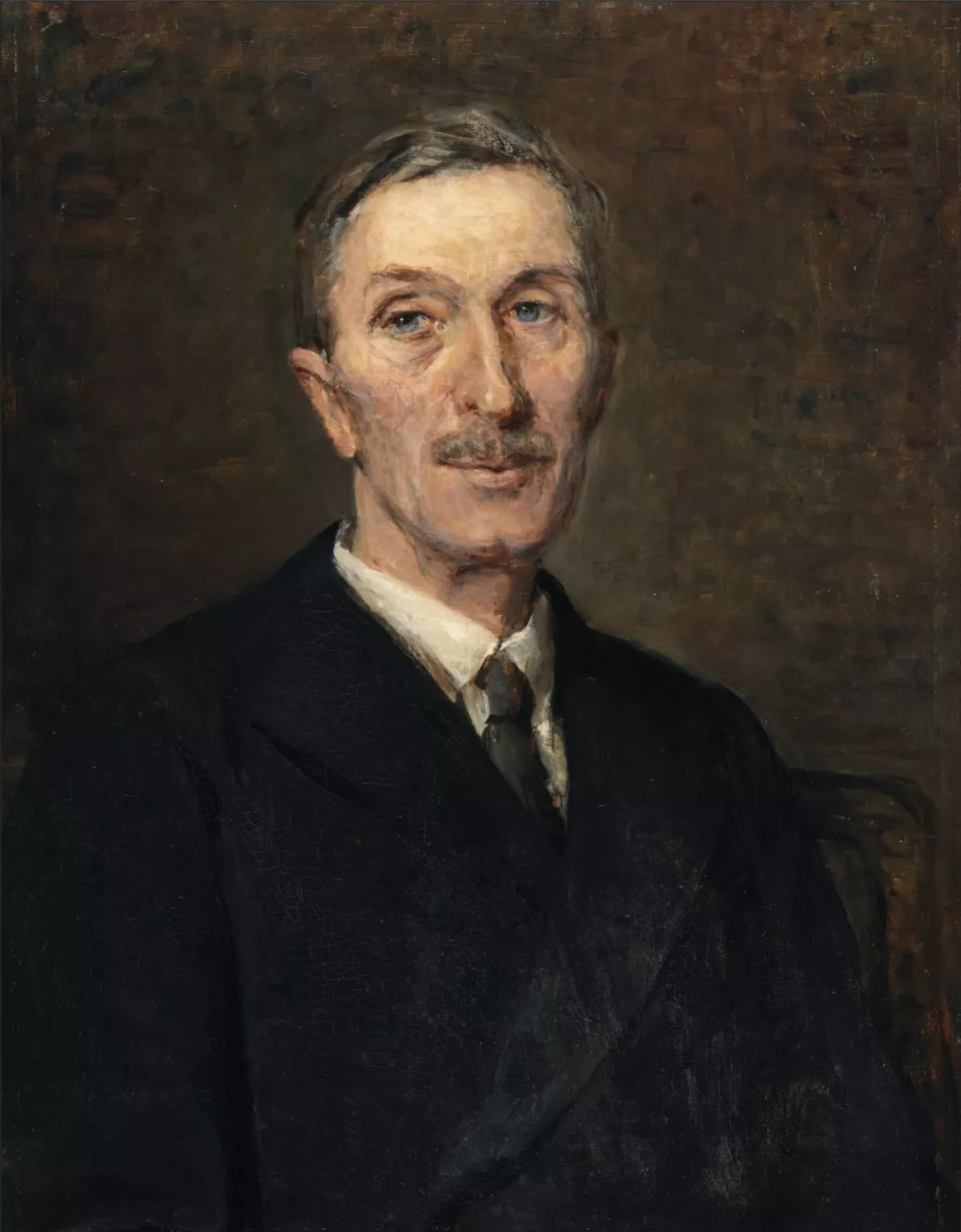 1.
1. James McNeill was an Irish colonial administrator, politician, and diplomat, who served as the first High Commissioner to London and second Governor-General of the Irish Free State.

 1.
1. James McNeill was an Irish colonial administrator, politician, and diplomat, who served as the first High Commissioner to London and second Governor-General of the Irish Free State.
One of five children born to Archibald McNeill, a Roman Catholic working-class "baker, sailor and merchant", and his wife, Rosetta McNeill, James was the brother of nationalist leader Eoin MacNeill.
James McNeill served as a high-ranking member of the Indian Civil Service in Calcutta.
James McNeill served as a member of the committee under Michael Collins, the chairman of the Provisional Government, that drafted the Constitution of the Irish Free State.
James McNeill was appointed as High Commissioner from the Irish Free State to the United Kingdom.
In office, James McNeill clashed with the King's Private Secretary when he insisted on following the constitutional advice of his Irish ministers, rather than that of Buckingham Palace, in procedures relating to the receipt of Letters of Credence accrediting ambassadors to the King in Ireland.
James McNeill refused to attend ceremonies in Trinity College, Dublin, when some elements in the college tried to ensure that the old British national anthem God Save the King was played, rather than the new Irish anthem, Amhran na bhFiann.
When Eamon de Valera was nominated as President of the Executive Council in 1932, James McNeill opted to travel to Leinster House, the parliament buildings, to appoint de Valera, rather than to require that he go to the Viceregal Lodge, the Governor-General's residence and the former seat of British Lords Lieutenant, to avoid embarrassing de Valera, who was a republican.
However, James McNeill's tact was not reciprocated by de Valera's government, and some of its ministers sought to humiliate James McNeill as the King's representative by withdrawing the Irish Army's band from playing at functions he attended and demanding he withdraw invitations to visitors to meet him.
When none was forthcoming, apart from an ambiguous message from de Valera that could be interpreted as partially blaming James McNeill for attending functions at which ministers would be present, he published his correspondence with de Valera, even though de Valera had formally advised him not to do so.
The King engineered a compromise, whereby de Valera withdrew his dismissal request and James McNeill, who was due to retire at the end of 1932, would push forward his retirement date by a month or so.
James McNeill died in 1938 at the age of 69 in London.